Dr Murray Scott
Lecturer in Business Information Systems; Vice Dean of Internationalisation for the College of Business, Public Policy and Law
J.E. Cairnes School of Business and Economics, University of Galway


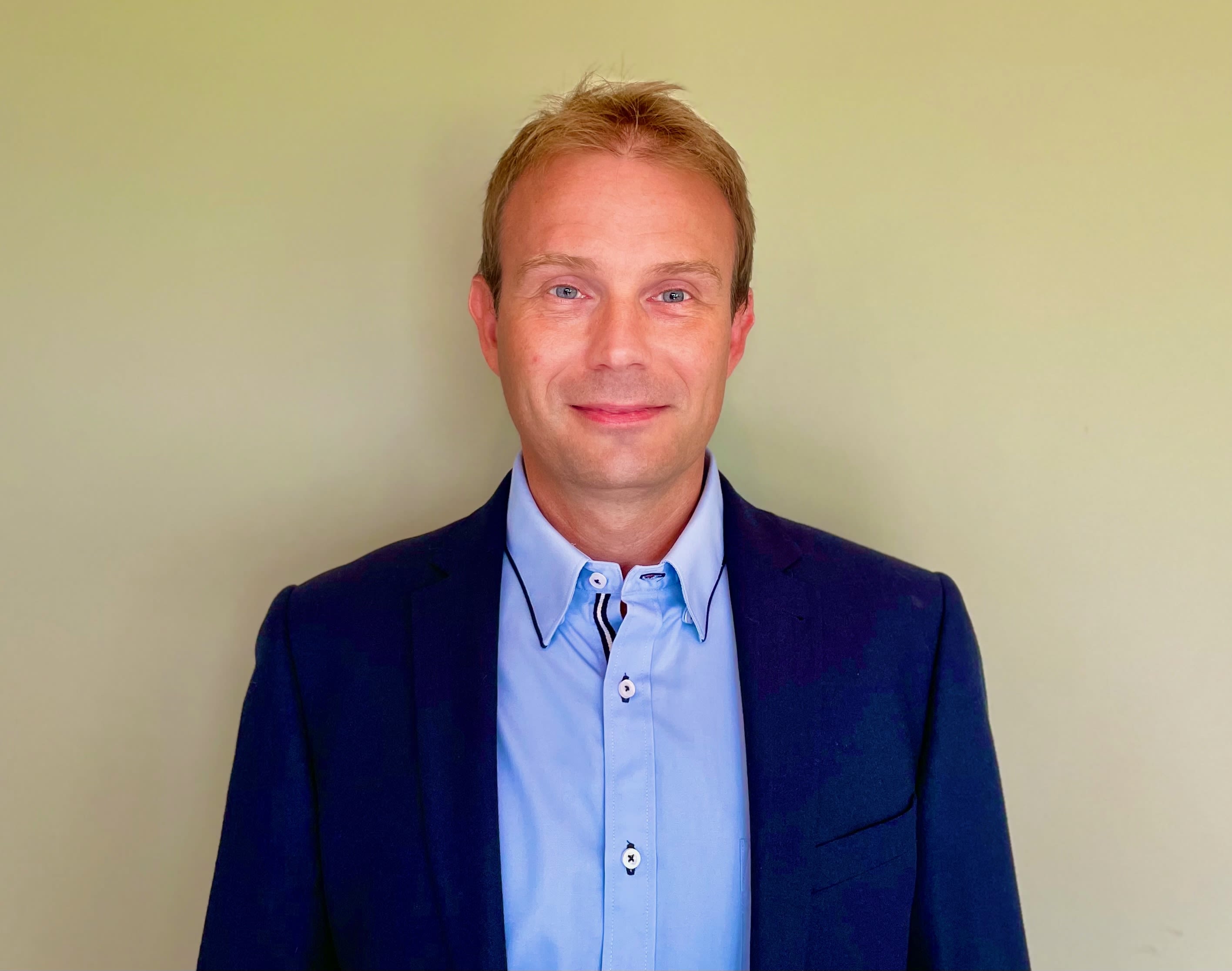
Murray was awarded a PhD in the area of eGovernment and Public Value and his recent research addresses current environmental and sustainability challenges by developing new innovative models for participative, user-centred, public services aiming at creating greener communities in remote areas.
As Vice Dean of Internationalisation, Murray leads on the development of global partnership strategies that ensure diversity, inclusion and equal access to education for our student population.
Murray's work contributes to these SDGs

The Emergreen Emerging Technologies for Greener Communities project consisted of six partners from Ireland, Sweden, Finland, the United Kingdom and the Faroe Islands. The project aimed to overcome the common territorial challenge of how to deliver quality and sustainable public services in remote areas, defeating factors such as long distances, high service delivery costs due to low demand aggregation, shortages in human and material resources, and lack of access to the latest innovations.
The EMERGREEN online platform offers access to the services developed in the project on a transboundary basis, an open marketplace of tech-led public services in the Northern Periphery and Arctic areas.
Key Target: 4.7 Education for sustainable development and global citizenship
Works to support the adoption of a Global Citizen approach to teaching and learning, by providing education on multi-culturalism and many opportunities for immersive culture-rich experiences with international universities.
Helps provide opportunities for equal access to education through the development of scholarships, for example, Irish Aid and vocational fellowships for Indonesian students.
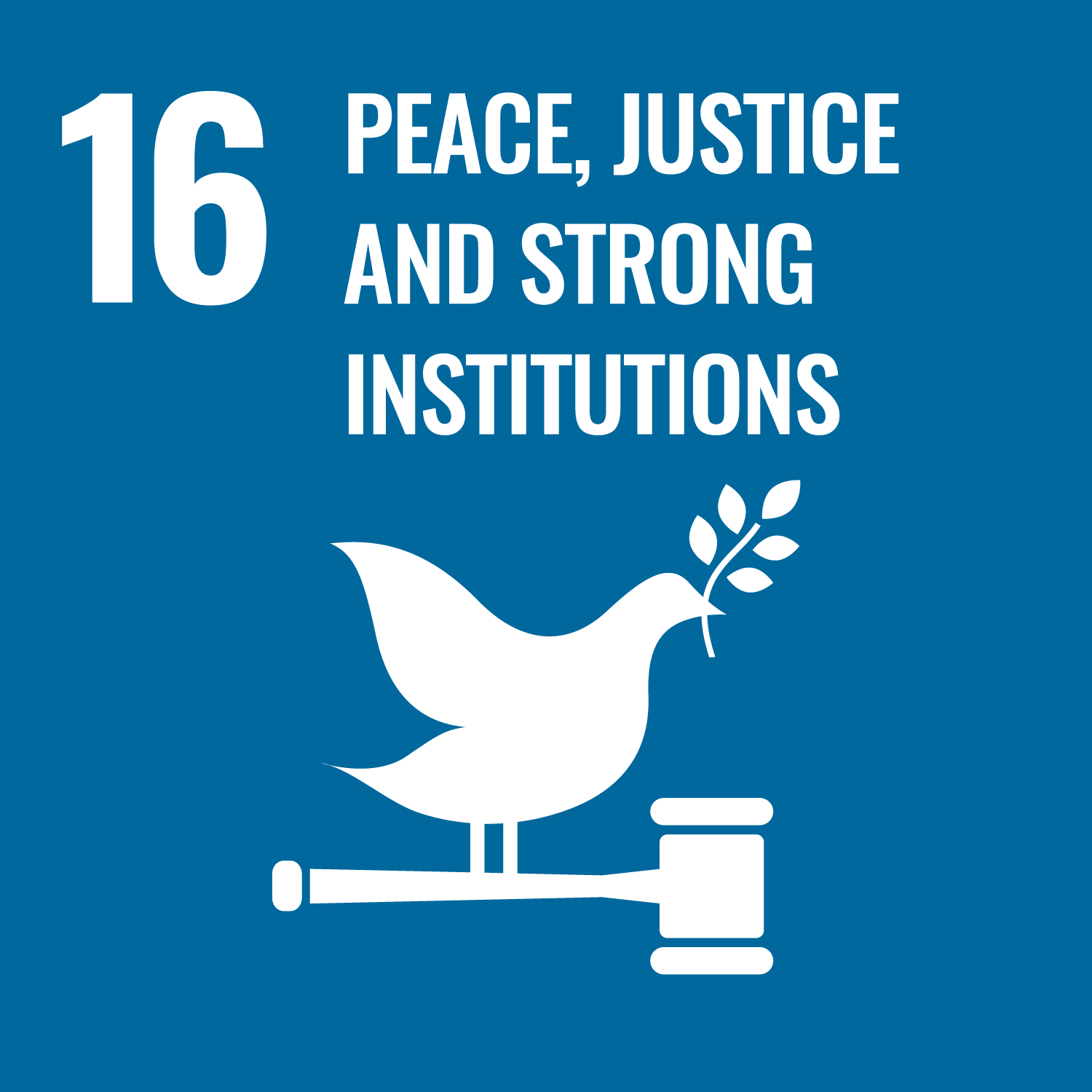
Teaching

eBusiness Technologies
This module includes a design thinking challenge integrated across three modules. We work in partnership with SAP to challenge students to develop a start-up business concept in relation to the Circular Economy. SAP provides mentorship in how to apply industry-standard development practices to business concept design and the development of software interfaces. The challenge increases global awareness and appreciation of the importance of place, identity and culture in a global context.
Supporting SDG Targets: 16.7 Ensure responsive, inclusive and representative decision making; 8.2 Diversify, innovate and upgrade for economic productivity
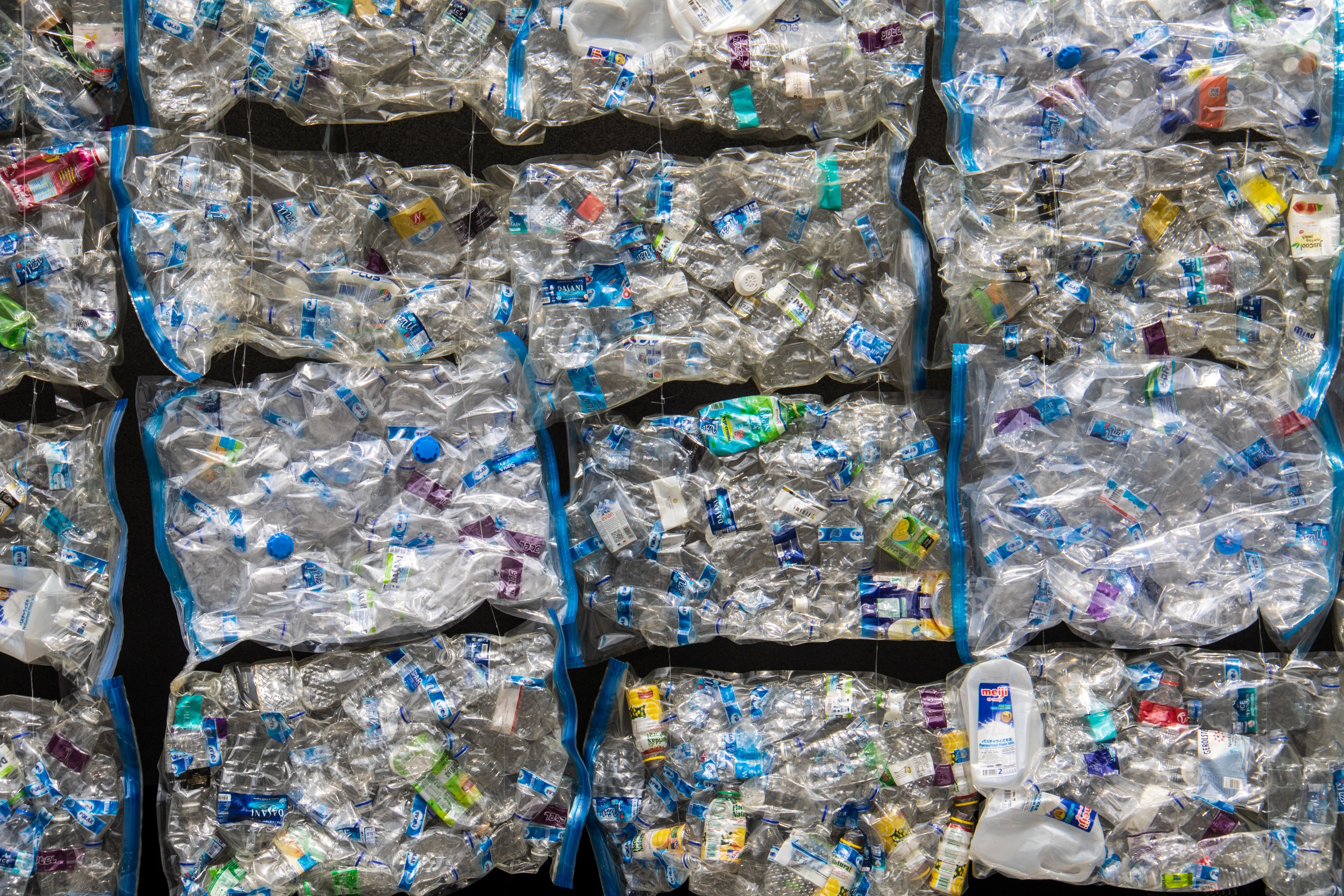
Photo by Nick Fewings on Unsplash
Photo by Nick Fewings on Unsplash
Engagement
Murray maintains active professional and research links with leading indigenous and multinational companies including SAP, BearingPoint and Microsoft.
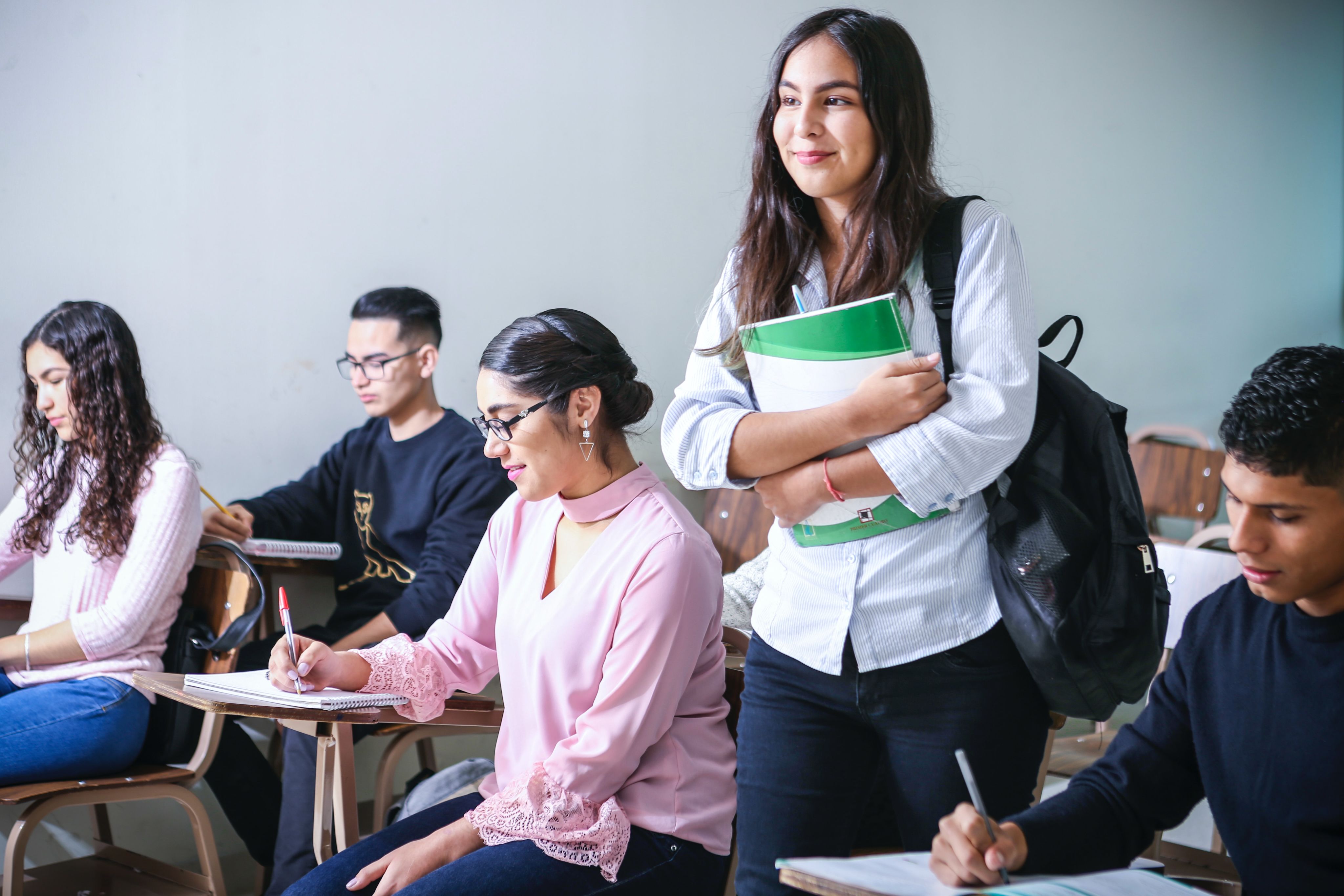
Direct impact SDG Targets
4.7 - Education for sustainable development and global citizenship
4.B - Expand higher education scholarships for developing countries
5.5 - Ensure full participation in leadership and decision-making
5.B - Promote empowerment of women through technology
8.9 - Promote beneficial and sustainable tourism
11.4 - Protect the world’s cultural and natural heritage
12.2 - Sustainable management and use of natural resources
12.6 - Encourage companies to adopt sustainable practices and sustainability reporting
13.1 - Strengthen resilience and adaptive capacity to climate related disasters
13.2 - Integrate climate change measures into policies and planning
13.3 - Build knowledge and capacity to meet climate change
14.5 - Conserve coastal and marine areas
14.A - Increase scientific knowledge, research and technology for ocean health
16.7 - Ensure responsive, inclusive and representative decision-making
Indirect
2.4 - Sustainable food production and resilient agricultural practices
7.A - Promote access to research, technology and investments in clean energy
8.1 - Sustainable economic growth
8.2 - Diversify, innovate and upgrade for economic productivity
10.4 - Adopt fiscal and social policies that promotes equality
11.3 - Inclusive and sustainable urbanization
17.6 - Knowledge sharing and cooperation for access to science, technology and innovation
17.16 - Enhance the global partnership for sustainable development
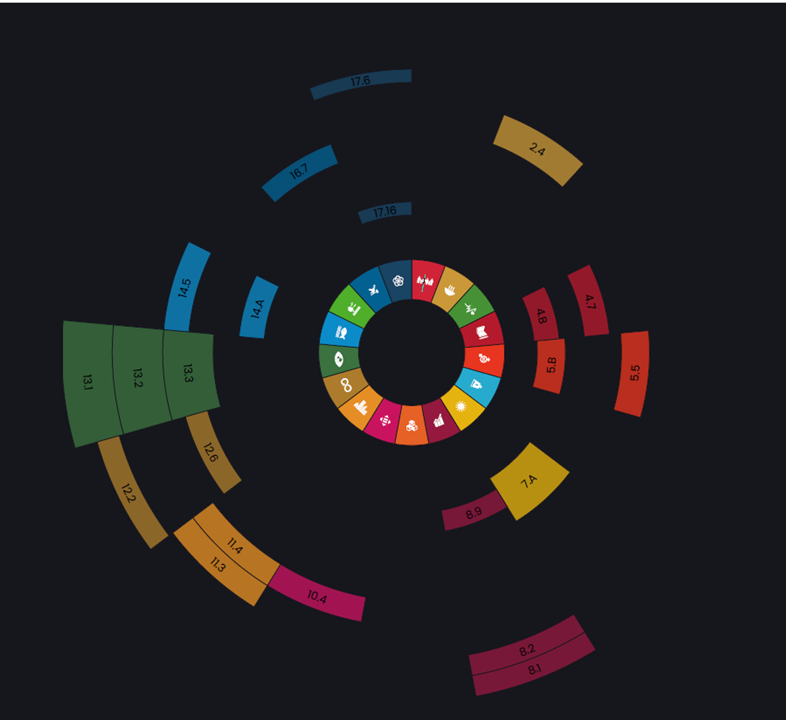
Research

Featured Publications
|
References |
SDGs |
|---|---|
|
Smyth, C., Dennehy, D., Fosso Wamba, S., Scott, M., Harfouche, A. (2024). Artificial intelligence and prescriptive analytics for supply chain resilience: A systematic literature review and research agenda. International Journal of Production Research. |
12.6; 13.2 |
|
Scott, M., Delone, W., Golden, W. (2016). Measuring eGovernment success: A public value approach. European Journal of Information Systems, 25(3), 187-208. |
16 |
|
Callinan, C., Scott, M., Whelan, E. and 1 more (...) (2018). How to create public value through open data driven Co-creation: A survey of the literature. ACM International Conference Proceeding Series, 363-370. |
8 |
|
Callinan, C., Scott, M., Whelan, E. and 1 more (...) (2017). A co-creation based model for engaging citizen open data use. 30th Bled eConference: Digital Transformation - From Connecting Things to Transforming our Lives, BLED 2017, 47-56. |
16 |
|
O'Brien, A., Golden, W., Scott, M. (2018). Public values on the cusp of change; The journey from consultation to collaboration. ACM International Conference Proceeding Series, 685-686. |
16 |
|
Clohessy, T., Acton, T., Callinan, C. and 2 more (...) (2018). An Analysis of the 2016 American Presidential Nominees’ Tweets: A Magical Realism Perspective. ICIS 2017: Transforming Society with Digital Innovation. |
5.0; 13.0; 8.3 |
|
O’Brien, A., Golden, W., Scott, M. (2021). Discovering Sense of Community Enabling Factors for Public and Government Staff in Online Public Engagement. 13th International Conference on Electronic Participation (ePart), Sep 2021, Granada, Spain. Lecture Notes in Computer Science (including subseries Lecture Notes in Artificial Intelligence and Lecture Notes in Bioinformatics), 1284915-26. |
16 |
